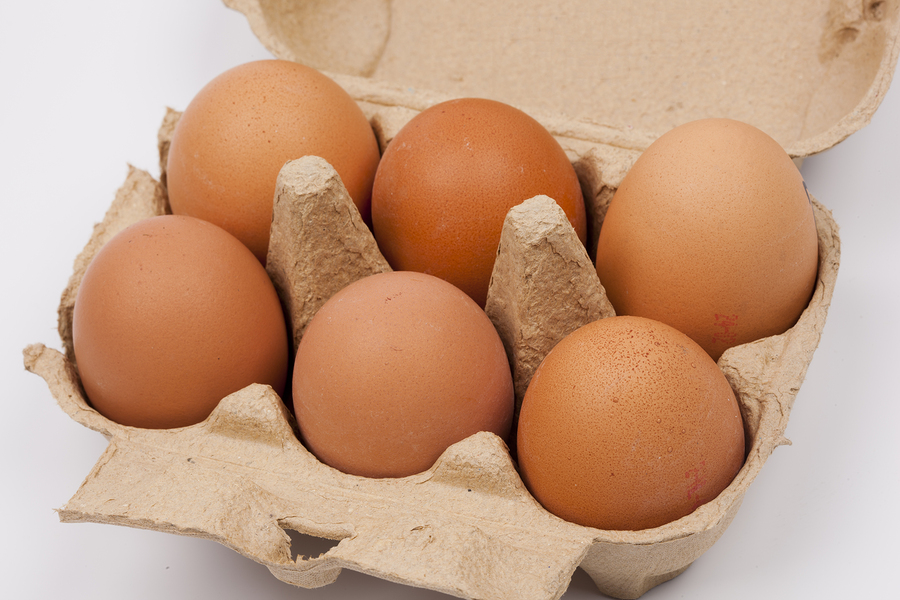Do you buy free range eggs?
Free range, barn eggs, organic… there is a baffling range of eggs on the supermarket shelves, but what’s best for the hens?
Once upon a time, eggs were the simplest of kitchen staples, but not anymore. Welfare campaigns have improved the dismal life of battery hens and in turn led to wider consumer choice. But now an extensive range of eggs, from value brands through to organic and nutritionally enriched varieties, vie for space on supermarket shelves. But which are the highest-welfare eggs?
Cramped battery cages were banned across the EU in 2012, but animal welfare experts agree that new and so-called improved “enriched” cages are not a great deal better. The birds have slightly more room to move than in conventional battery cages – 13 to 14 hens per square metre and a few furnishings – but their ability to behave naturally remains severely restricted.
Ultimately, the question of which eggs to buy depends on your personal ethical priorities and, of course, your budget.
Checking the eggs before you buy them is important. All eggs sold in the UK must be stamped with the method of production: 0=organic, 1= free-range, 2=barn, 3=caged and state this on the carton. The British Lion symbol also tells you that the eggs are British-laid and have been vaccinated against salmonella. Price is a good indicator of how the hens that laid the eggs were raised. If you buy your eggs from the supermarket, the cheapest are likely to be from hens kept in cages, while the most expensive organic brands are potentially the highest-welfare.
What are your views? Do you attach a lot of importance to the wellbeing of the animal when choosing your eggs? How do you make your decision when selecting your eggs?






















